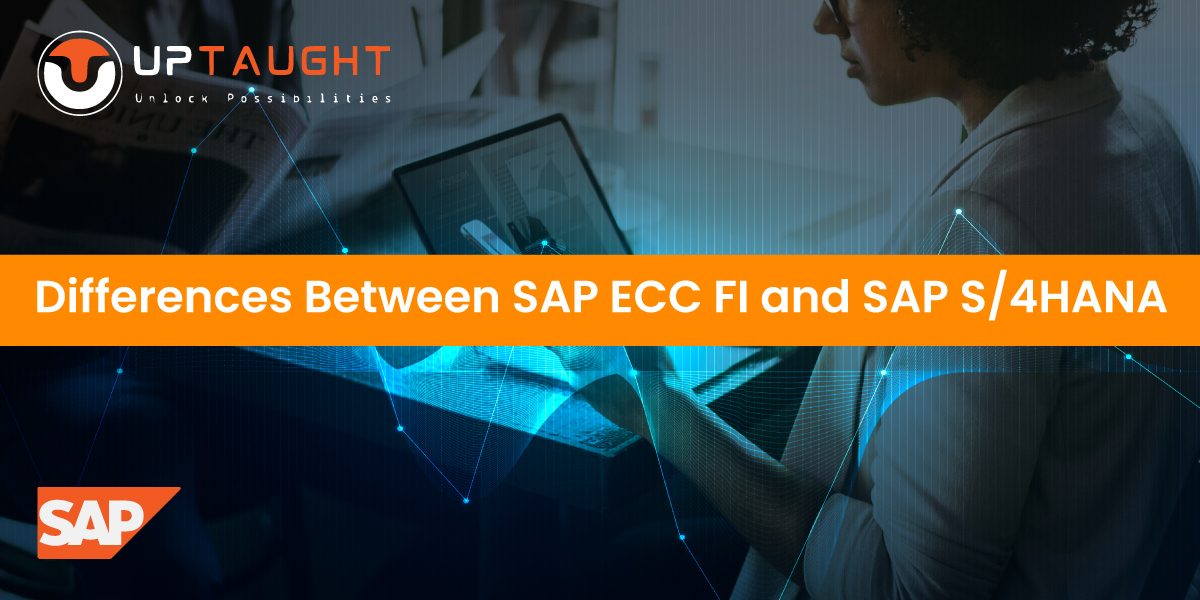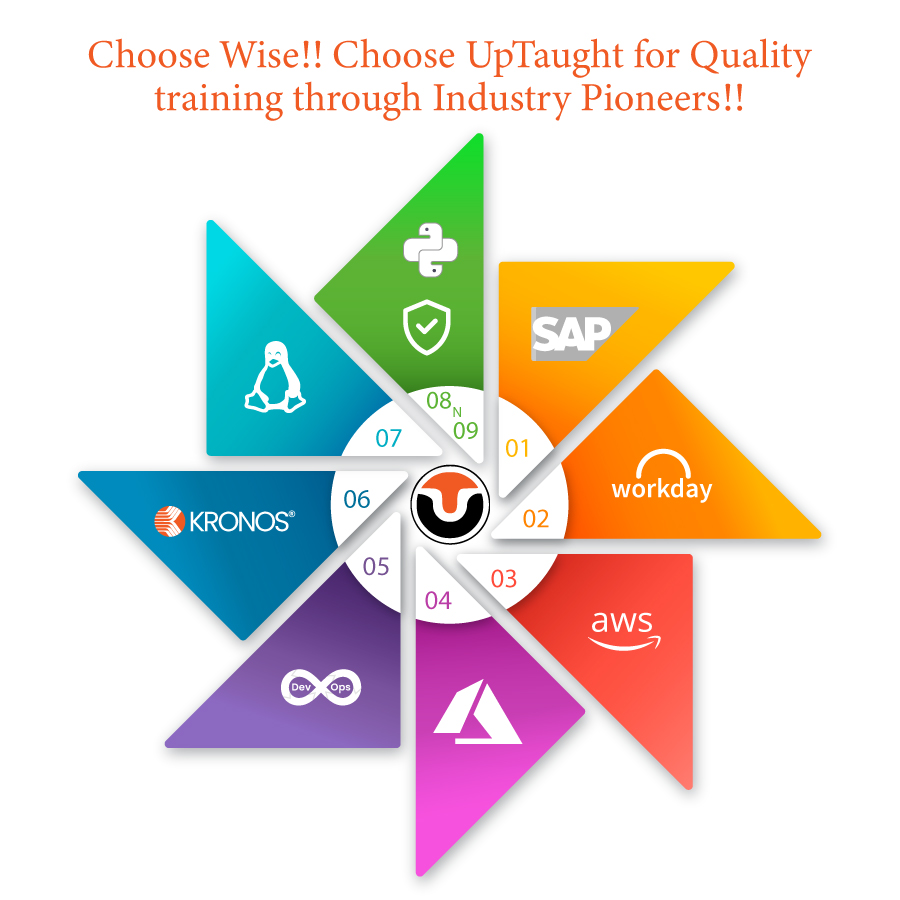In the world of human capital management, understanding the various components of HR software is crucial for organizations looking to optimize their workforce management. The difference between Workday HCM and Workday Core HCM is a significant topic that many HR professionals must grasp to make informed decisions about their HR solutions. While both terms are often used interchangeably, they represent different functionalities within the broader Workday ecosystem. This blog post will clarify these differences, highlighting their respective roles and benefits in managing an organization’s workforce effectively.
Table of Contents
Understanding the Difference Between Workday HCM and Workday Core HCM
What is the difference between Workday HCM and Workday Core HCM? Workday HCM refers to the comprehensive suite of human capital management solutions offered by Workday, encompassing various functionalities such as talent acquisition, performance management, and learning and development. In contrast, Workday Core HCM focuses specifically on foundational HR functions, including employee data management, payroll processing, and compliance tracking.
The Importance of Understanding the Difference
- Clarity in Functionality: Knowing the difference between Workday HCM and Workday Core HCM helps organizations choose the right tools for their specific needs. According to a survey by Deloitte, 56% of organizations report that they struggle with selecting appropriate HR technology.
- Optimizing HR Processes: Organizations can streamline their HR operations by understanding which components are necessary for their strategic goals. A study by McKinsey found that companies that optimize their HR processes see a 30% increase in productivity.
- Cost Efficiency: By identifying the specific functionalities needed, organizations can avoid overspending on unnecessary features. Research from Gartner indicates that organizations can save up to 20% on HR technology costs by choosing tailored solutions.
- Enhanced Employee Experience: A clear understanding of these systems allows organizations to implement solutions that improve employee engagement and satisfaction. According to Gallup, companies with engaged employees experience 21% higher profitability.
- Future-Proofing HR Strategies: As organizations grow and evolve, understanding the foundational aspects of HCM helps in scaling HR strategies effectively. The World Economic Forum highlights that organizations need adaptable systems to navigate future workforce challenges.
Given these factors, comprehending the difference between Workday HCM and Workday Core HCM is essential for any organization looking to enhance its human resources capabilities while preparing for future leadership needs.
How Understanding the Difference Between Workday HCM and Workday Core HCM Can Help
Understanding the difference between Workday HCM and Workday Core HCM can help organizations address several common challenges faced in human resource management:
1. Comprehensive Workforce Management
- Overview: Workday HCM encompasses a wide range of functionalities beyond just core HR tasks.
- Key Features:
- Talent acquisition and onboarding
- Performance management and employee development
- Value Proposition: Comprehensive workforce management ensures all aspects of employee lifecycle are addressed effectively.
2. Streamlined Payroll Processing
- Overview: Workday Core HCM focuses on essential payroll functions.
- Key Features:
- Automated payroll calculations
- Compliance with local tax regulations
- Value Proposition: Streamlining payroll processes reduces errors and ensures employees are paid accurately and on time.
3. Enhanced Reporting Capabilities
- Overview: Both Workday HCM and Core provide valuable reporting tools.
- Key Features:
- Customizable dashboards for tracking key metrics
- Real-time analytics for informed decision-making
- Value Proposition: Enhanced reporting capabilities allow organizations to monitor performance effectively and make data-driven decisions.
4. Integration with Other Business Functions
- Overview: Both systems integrate seamlessly with other enterprise applications.
- Key Features:
- Links between performance management, learning management, and succession planning
- Unified data across platforms
- Value Proposition: Integration ensures that all business functions work together efficiently, providing a holistic view of organizational performance.
Real-World Results from Organizations Understanding the Difference Between Workday HCM and Workday Core HCM
Many organizations have successfully enhanced their HR functions by recognizing the distinction between these two concepts:
- Example A: A global manufacturing company implemented a comprehensive Workday solution after recognizing its need for advanced talent management features, resulting in a 40% reduction in time-to-hire.
- Example B: A financial services firm streamlined its payroll processing by focusing on its core functionalities, leading to a significant decrease in payroll errors by over 30%.
- Example C: A retail company integrated its performance management system with succession planning efforts, which resulted in a reduction of leadership vacancies by 40% during peak hiring seasons.
These success stories illustrate how leveraging an understanding of the difference between Workday HCM and Workday Core HCM can lead to measurable outcomes that enhance organizational performance.
Who Will Benefit from Understanding the Difference Between Workday HCM and Workday Core HCM?
Understanding the difference between Workday HCM and Workday Core HCM is beneficial for various stakeholders within an organization:
- HR Professionals: Individuals working in human resources will find this information invaluable as they seek to enhance their skills related to talent management.
- Business Leaders: Executives looking to align technology investments with business objectives can gain insights into how effective workforce management supports overall organizational goals.
- IT Departments: Teams responsible for implementing these systems will benefit from understanding how best to leverage the capabilities of both systems during evaluations.
Industries such as healthcare, finance, technology, manufacturing, and retail stand to gain significantly from employing certified professionals who are well-prepared in using effective SAP solutions. By investing time in understanding these options and their benefits, individuals can expect improved job prospects and enhanced career growth.
Take Action Today!
Are you ready to explore how understanding the difference between Workday HCM and Workday Core HCM can transform your organization’s approach to human resources? Start your journey today! For a limited time only, sign up for our comprehensive training courses on various SAP functionalities at UpTaught or UpTaught India and enjoy a 20% discount on your first enrollment! Equip yourself with the tools you need to thrive in today’s competitive landscape—take advantage of this exclusive offer while it lasts!Investing in your education not only enhances your skill set but also empowers you to achieve greater efficiency and effectiveness within your organization. Transform your career today!




